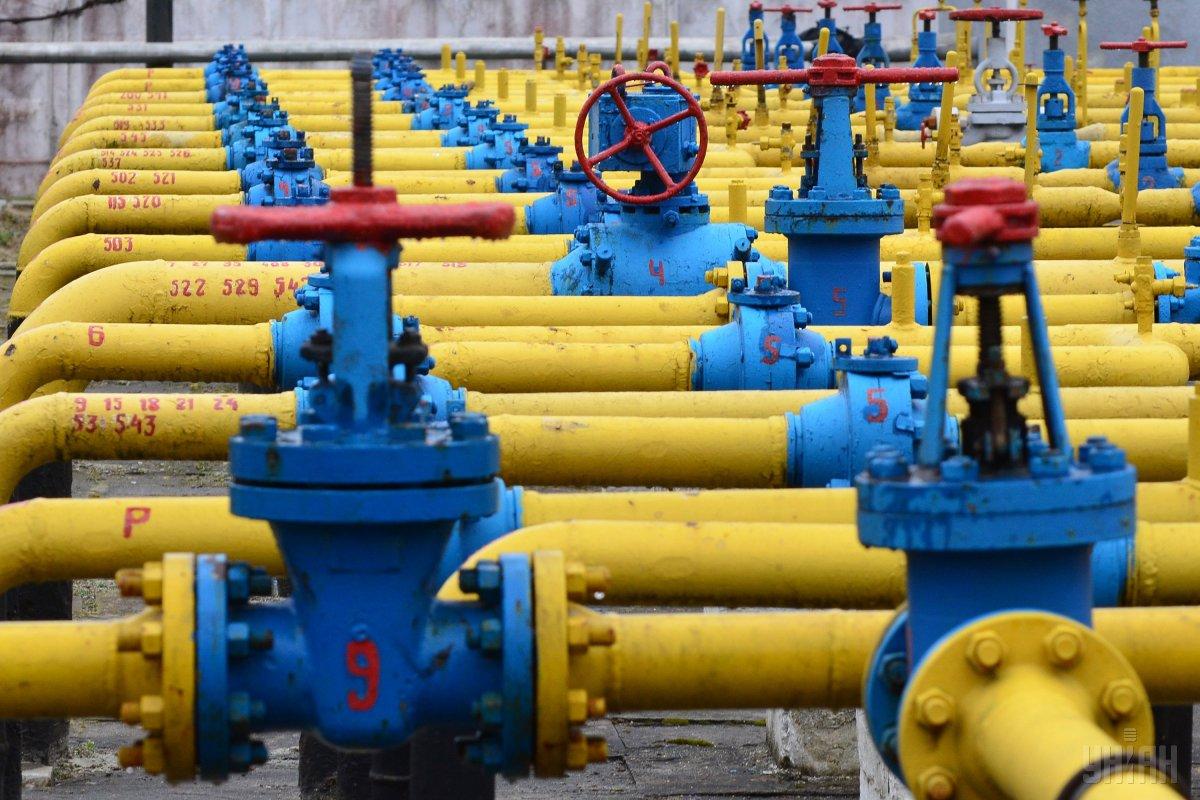
Mainstream media tend to portray Russia and the West as bitter geopolitical rivals. In reality, Moscow and Western powers often act as partners, especially when it comes to energy.
By Nikola Mikovic
Following the Kremlin’s incorporation of Crimea into the Russian Federation in 2014, as well as Russia’s actions in the Donbass, the United States, European Union and the United Kingdom have imposed sanctions on Moscow.
Indeed, Russia suffered some serious humiliations in the global arena. For instance, the Russian Federation will not be able to use its name, flag and anthem at the next two Olympics or at any world championships for the next two years, allegedly due to doping scandals.
Instead of boycotting any sport events where it cannot participate under its own symbols, Russia willingly accepted this form of public shaming. It was not surprising that the Kremlin did not react after the mayor of Latvia’s capital Riga – where the Ice Hockey World Championship was taking place – recently replaced the official Russian flag outside the arena with the International Olympic Committee symbols.
Putin & Biden
Moreover, nobody was really shocked after the Kremlin spokesman Dmitry Peskov said that Switzerland's decision not to accept certificates on COVID-19 vaccination with Sputnik V will not affect the organization of a meeting between Russian President Vladimir Putin and his US counterpart, Joe Biden. Russia is simply accustomed to suffering humiliation. For the Kremlin, business deals with the West is far more important than national dignity.
Western powers, on the other hand, deliberately exaggerate the so-called Russian threat, and constantly impose new sanctions on Moscow – although most of them are rather symbolic – yet they keep doing business with Russia.
Even though Germany is the US ally in NATO, and still hosts some 38.000 American troops, its business has chosen stronger energy ties with Russia. Berlin is strongly pushing for the realization of the Nord Stream 2 pipeline that will link the two countries and provide gas not only to Germany, but the other north and central European nations.
In 2018, despite anti-Russian sanctions, around 40 percent of EU natural gas imports came from Russia, making Moscow the largest supplier of natural gas to the EU. Moreover, the very energy policy of the Russian Federation perfectly illustrates Moscow’s strong links with certain Western structures.
Karin Kneissl, Austria’s former foreign minister, has recently been nominated for a seat on oil giant Rosneft’s board of directors. Rosneft – Russia’s leading oil corporation – is the third largest company in Russia and the second-largest state-controlled company after Gazprom in terms of revenue. Besides Kneissl, former German Chancellor Gerhard Schroeder is another Rosneft official. He is also a chairman of the shareholders’ committee at Nord Stream AG, and is strongly pushing for the immediate completion of this project.
Despite their decades-old geopolitical rivalry, the United States and Russia also developed strong energy ties. In 2004, ConocoPhillips – the Alaska-based natural gas liquids company – reportedly formed a strategic alliance with Russia’s Lukoil.
Five years later, Lukoil and its Norwegian partner StatoilHydro have won the rights to develop the Iraqi West Qurna-2 reservoir – one of the world's biggest untapped oil fields. In other words, Russia developed its energy business in the country that is in the American sphere of influence.
Natural gas
Ukraine is another nation that is heavily in the US geopolitical orbit. The Eastern European country is facing a decrease in the volume of gas transit, even though Gazprom reportedly increased its gas export to Europe.
For instance, in the first three months of 2021, Russia’s natural gas supplies to Turkey increased by 106.5 percent, to Romania by 90.4 percent, to Serbia by 71.3 percent, to Finland by 67.3 percent and to Germany by 33.3 percent.
If the construction of the first of two parallel strings of the Nord Stream 2 pipeline is completed by the end of the year, Kiev’s budged will likely be severely affected. That, however, does not mean that the Ukrainians will “freeze to death”, as some Russian propagandists suggest.
Even though the two countries were reportedly on the brink of military confrontation in April, Russia's oil and gas giant Rosneft and Azerbaijan's state energy company SOCAR have signed a deal to supply oil products and liquefied petroleum gas to Ukraine.
In addition, according to the Russian Deputy Prime Minister Alexander Novak, in 2020 Kiev bought 16 billion cubic meters of Russian gas by reverse.
Thus, in spite of harsh rhetoric, empty threats, symbolic sanctions and counter-sanctions, Russia and the West will keep doing business as usual. Their partnership will prevail over the alleged animosity whenever they have a common interest.
Nikola Mikovic is a Serbian journalist and a senior Geopolitical Analyst he publishes often for The Levant News.





